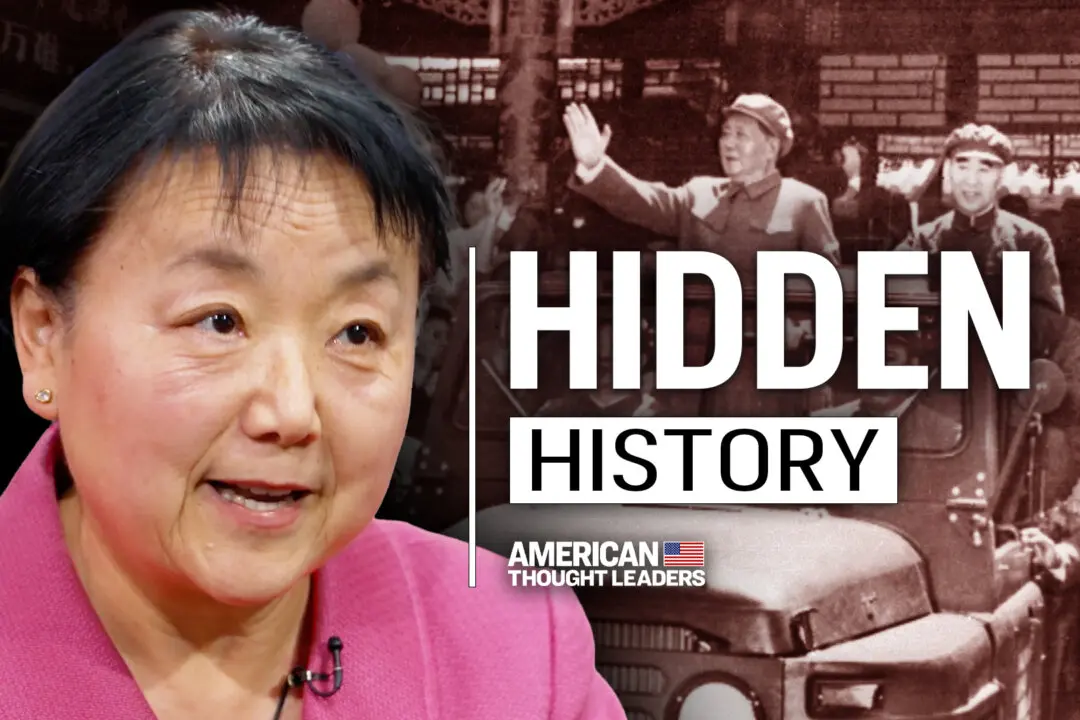The Chinese regime is not as strong as it’s portrayed to the outside world, and many internal problems plaguing the regime will lead to its demise, says a former British diplomat and China expert.
These problems have been recognized by some high-level Chinese officials themselves, and they could lead a coup d’etat to remove current Chinese leader Xi Jinping to protect their own interests, according to Roger Garside, author of “China Coup: The Great Leap to Freedom,” in a recent interview on Epoch TV’s “American Thought Leaders” program.





